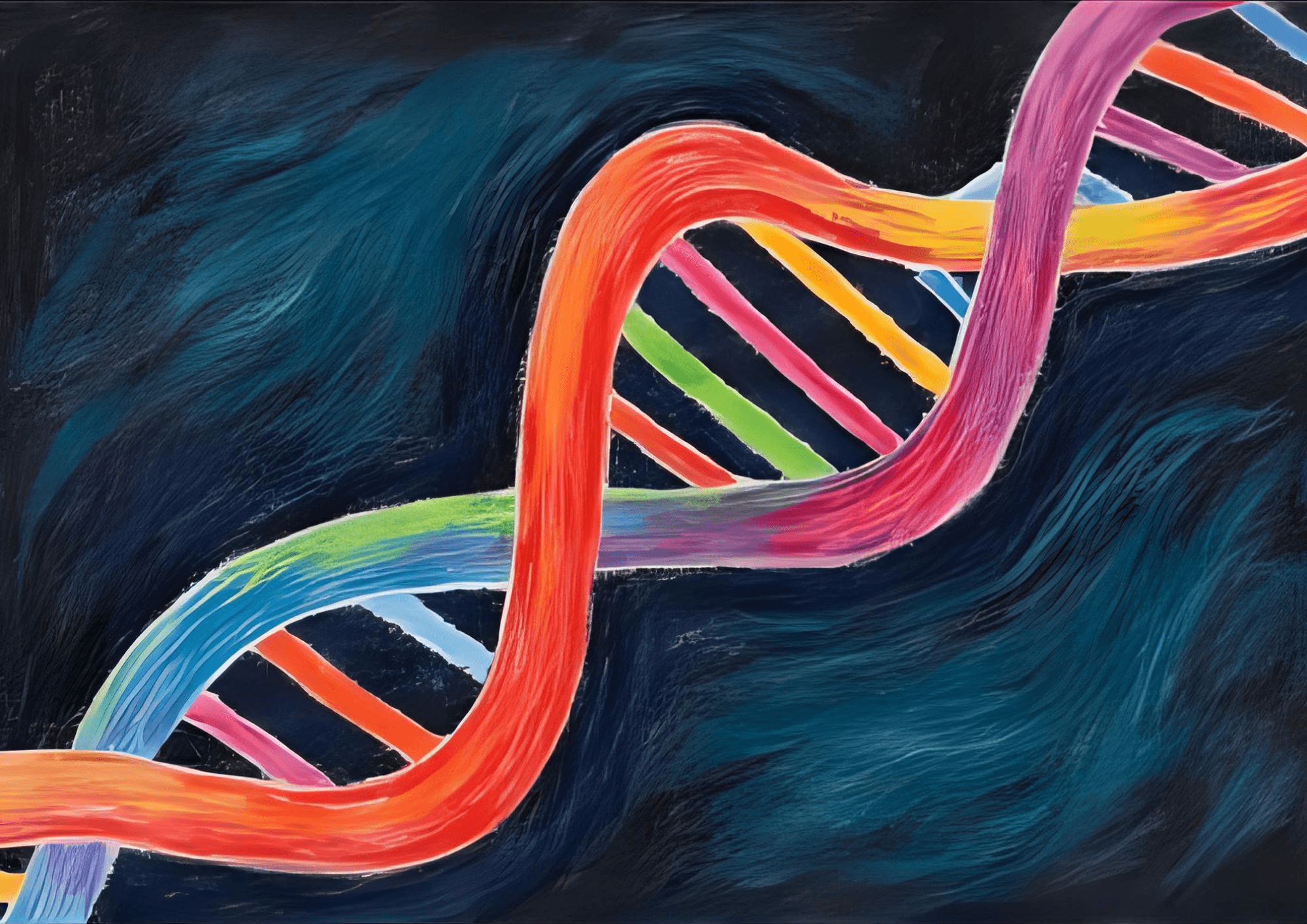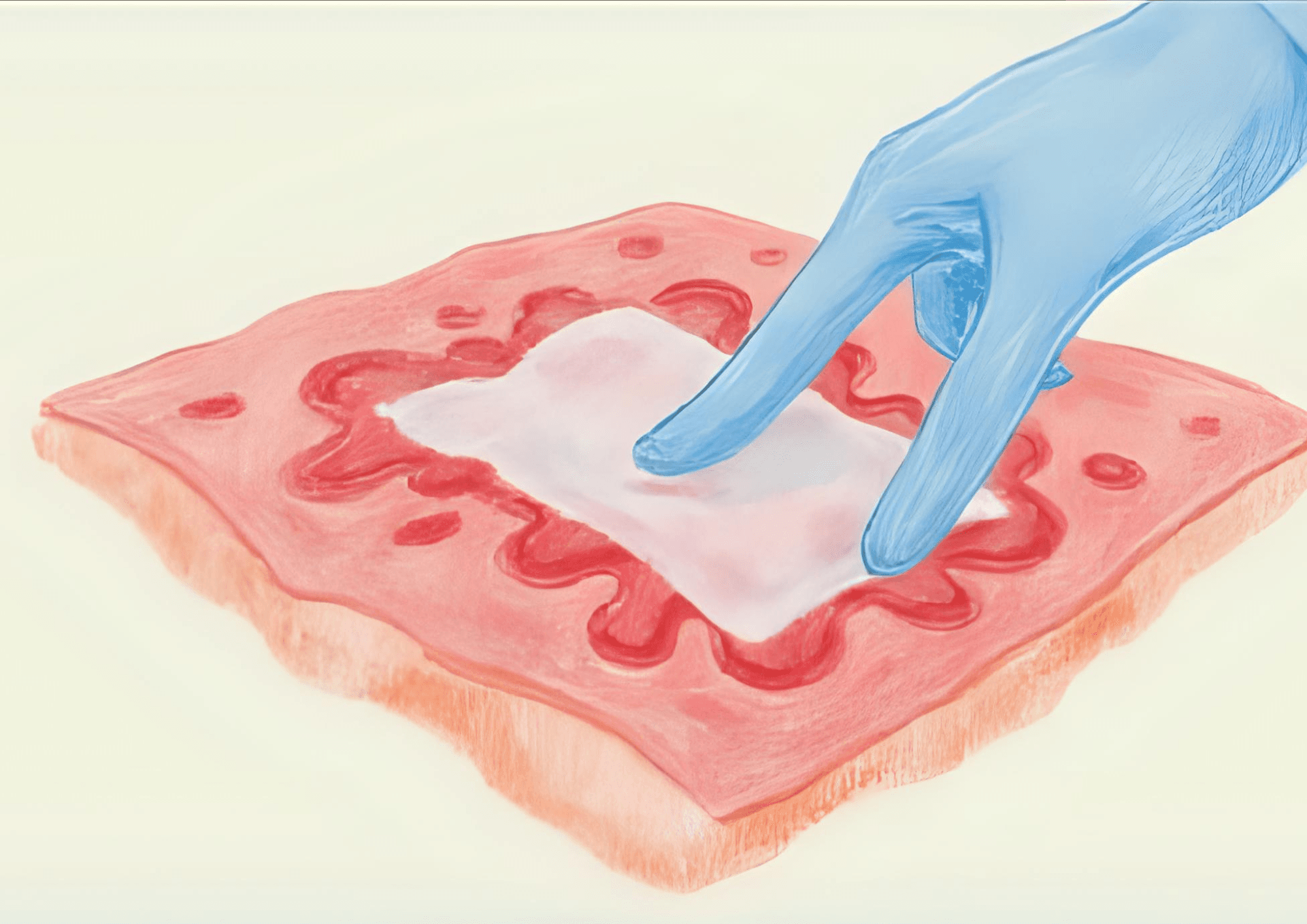24 Jul 2025
9 MIN READ
Gastric Ulcers - Reasons and Prevention
When your skin has wounds, you apply ointment to heal them. How about the similar wounds within your stomach? You may not notice it. These are gastric ulcers.
Your stomach has several acids to digest your food. One drop of the hydrochloric acid can cut through a wooden block, yet it does not damage your stomach.
Dr. Barry J. Marshall proved to the medicinal community that ulcers were not caused by stomach acids. He drank a broth containing H. pylori bacteria to develop ulcers and was treated with antibiotics. Ultimately, in 2005, he achieved a Nobel Award in physiology.
10% to 20% of people suffer from gastric ulcers globally.
Know about gastric ulcers
Just as your skin covers your body, a similar lining, the mucosa, covers your internal organs. Gastric ulcers are inside your stomach.
When your stomach’s internal mucus layer becomes weak due to the infection of H. pylori bacteria, the stomach acid penetrates through the layer to wear it away.
Then, you develop painful sores inside your stomach. They restrict the health of your stomach.
Gastric ulcers not just occur in people but also dogs, horses, pigs, cattle, and dolphins.
Exact location of gastric ulcers
Gastric ulcers are also called peptic ulcers. They generally occur in the lesser curvature. It lies between the antrum and the fundus.
Symptoms of gastric ulcers
Gastric ulcers can have various symptoms, but the common ones are:
-
Stomach burns with pain
-
Nausea
-
Vomiting
-
Bloating
-
Noisy burping
-
Heartburn
-
Loss of appetite
The extreme cases may have
-
Sores appear on your outer skin.
-
Blood vomiting
-
Black stool
-
Pain in the abdominal area
Difference between peptic, duodenal, and gastric ulcers
-
Peptic ulcer: It includes both stomach and duodenal ulcers.
-
Gastric ulcers: Pain worsens after eating and is common in older adults.
-
Duodenal ulcers: Pain eases after eating but worsens at night. It is seen in younger adults.
Reasons for gastric ulcers
Helicobacter pylori Bacteria
This bacteria enter your stomach and infects it. As a result, the acid diffuses into the stomach layers and causes ulcers.
It spreads via contaminated food or water. Thus, it aggravates gastric ulcers.
Nonsteroidal Anti-Inflammatory Drugs or medications
NSAIDs lower your pain or fever. Want to know their names?
-
Ibuprofen
-
Naproxen
-
Diclofenac
-
Celecoxib
-
Mefenamic acid
-
Etoricoxib
-
Indomethacin
-
High dose of Aspirin
These medications block the generation of certain chemicals, like prostaglandins, in your stomach. They restore the mucus layer of your stomach. They upset your gastrointestinal tract and cause kidney problems.
Smoking and alcohol intake
Both affect the inner lining of your stomach and limit its natural defenses. In addition, they accelerate the stomach acid production.
Stress
Stress alone does not cause ulcers. Regular stressful situations limit your body’s ability to balance acids which may lead to ulcers.
Health factors
Multiple surgeries and chronic infections can impact your stomach health.
Lifestyle
Nutrition deficiency, less sleep, irregularities, and spicy food intake make your stomach weak, making it prone to ulcers.
Prevention tips
-
Lifestyle changes - quitting smoking, reducing alcohol intake, and managing stress
-
Regular health monitoring - helps to identify infections caused by H. Pylori bacteria.
-
Nutritious foods - suit your health. Hydrate yourself, reduce spicy or fatty food intake and add bananas, yogurt, and leafy greens in your meals.
-
Conscious medication intake - by consulting your doctor. The expert knows medications better and will advise you suitably.
-
Exercise - improve digestion and reduce stress.
Doctor’s advice
The doctor will suggest a blood test or endoscopy. It confirms the presence of H. pylori.
Your doctor will advise you on medications and some daily changes to cure gastric ulcers. Medicines reduce the acid content of the stomach to relieve pain and symptoms.
Small ulcers heal naturally in a few weeks without any medication. However, with medications, complicated ulcers can be cured within 2 to 3 months.
Advanced techniques to cure gastric ulcers
Endoscopy
Endoscopy is a test to look inside your body organs. A long and thin tube with a camera, called an endoscope, is inserted into your body through the mouth to look for abnormalities.
Therapies
Antibiotics, antacids, and dietary supplements work together to inhibit the ulcer. Medicines kill the H. pylori bacteria, and supplements enhance healing and restrict the return of infection.
Regenerative medication
Stem cell therapy can remold the damaged stomach lining and restore it. It promotes blood vessel formation and reduces the inflammation caused by ulcers.
Proton pump inhibitors
These medicines can intensely reduce the excessive stomach acid production for a long time.
The medicines are:
-
Dexlansoprazole
-
Esomeprazole
-
Ilaprazole
-
Lansoprazole
-
Omeprazole
-
Rabeprazole
-
Pantoprazole
Nutritional adjustments during and after the treatment of gastric ulcers
Modify your meals to stay healthy after your gastric ulcer heals. Some recommended food options are:
-
Fiber-rich edibles like cucumber maintain stomach health.
-
Yogurt or fermented foods balance your stomach acid levels.
-
Honey soothes your stomach with its antibacterial qualities.
-
Garlic supports a healthy gut environment.
-
Omega-3 fatty acids are found in sea fish. They reduce inflammation.
-
Green tea has catechins with antioxidant properties to heal your stomach.
-
Licorice tea increases stomach mucus production and improves the stomach lining.
Reduce the intake of these foods:
-
Caffeinated beverages or alcohol are acidic
-
Spicy foods
-
Citrus fruits - Oranges, lemons, key lime
-
Fried foods
Lifestyle adjustments for your stomach
Your stomach digests your food, provides energy, and maintains your health. Ulcers are common in the pollution-prone environment. Yet, we can manage them with healthy practices. Your stomach portrays your overall well-being. What efforts would you make that count?



